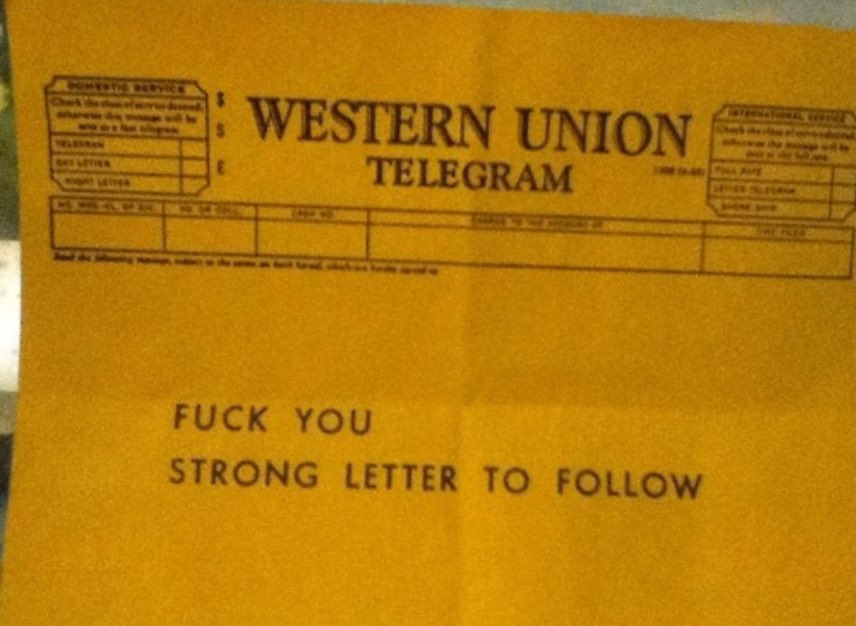I haven’t beaten on Facebook for a while, so let me remedy that.
Virginia Heffernan writes in Wired magazine, comparing Zuckerberg’s shrugging, “Aw gosh, we’re just an apolitical platform” with the gut wrenching reckoning Leslie E. Robertson put himself through after the collapse of the Twin Towers in 2001. Robertson was the chief engineer in the Twin Towers project and wondered after their collapse what he might have done differently, whereas Zuck . . . well, after the election, he said it was “crazy” to say that Facebook could have influenced the vote, and then he went on walkabout trying to get to know American hoomans.
Facebook is indeed a new world order. It determines our digital and real-world behavior in incalculable ways. It does all this without any kind of Magna Carta except a vague hypothesis that connectivity is a given good. And yes, it’s largely unregulated, having styled itself as nothing more than a platform—a Switzerland pose that lets it seem as benign as its bank-blue guardrails, which stand as a kind of cordon sanitaire between Facebook and the rest of the unwashed internet.
In 2006, a college kid talked me off Myspace and onto Facebook by insisting that Facebook was orderly while Myspace was emo and messy. That kid was right. Facebook is not passionate; it’s blandly sentimental. It runs on Mister Rogers stuff: shares and friends and likes. Grandparents and fortysomethings are not spooked by it. Like the animated confetti that speckles Facebook’s anodyne interface, our lives on Facebook—the bios and posts—seem to belong to us and not to the company’s massive statehouse, which looks on indifferently as we coo over pups and newborns. (Or is it a penal colony? In any case, it keeps order.) Facebook just is the internet to huge numbers of people. Voters, in other words.
Further into her piece, Heffernan quotes Siva Vaidhyanathan, who has written a book about Zuckerberg and Facebook. Vaidhyanathan says that Zuckerberg may well have been better off had he finished college, as it may have addressed his lack of “appreciation for nuance, complexity, contingency, or even difficulty.” Adding that “He lacks an historical sense of the horrible things that humans are capable of doing to each other and the planet.” Sound like anyone else we know?



